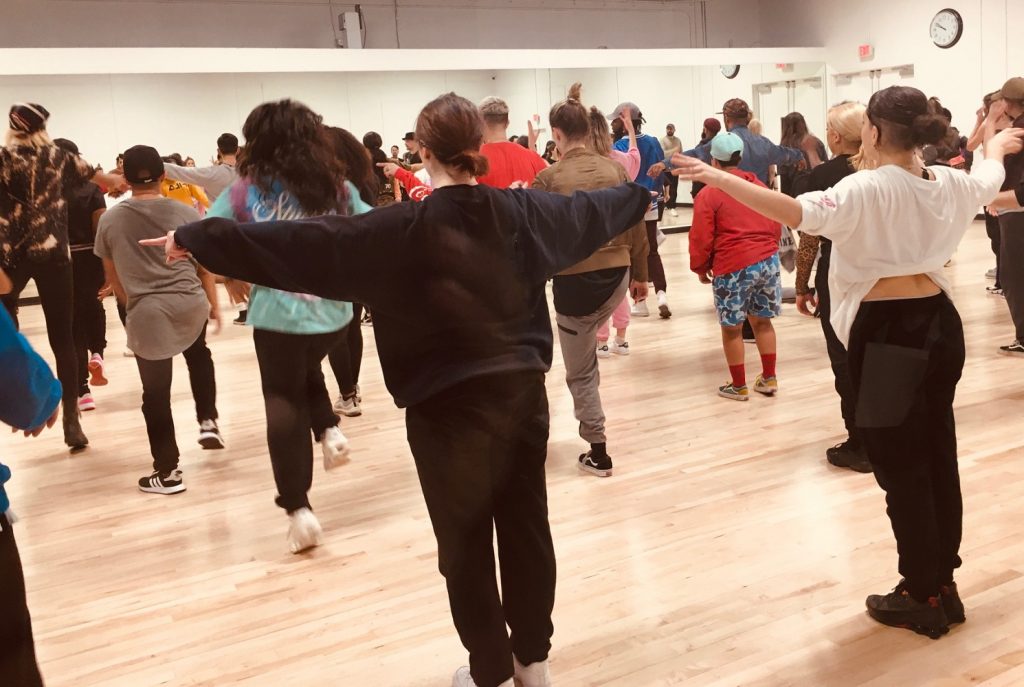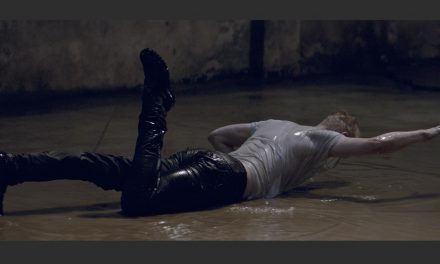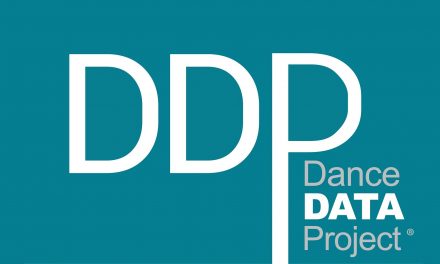The history of The Actors Fund goes back as far as the post-Civil War years that followed the assassination of President Abraham Lincoln in 1865 by John Wilks Booth. The theater business was booming but old personal and religious prodigiousness meant that the reputations of actors were held in low standing. In 1879, the New York Dramatic Mirror was established and soon articles by a young writer by the name of Harrison Grey Fiske began appearing regularly. The paper was later bought by Kiske’s father leading to the younger Kiske becoming the paper’s editor. He was well aware of the problems facing the theater profession and began campaigning to create an “Actors Fund” to aid actors financially when they fell on hard times or to help pay for their burial expenses. Because of Fiske’s persistence and help, The Actors Fund was founded on June 8, 1882. Since that time, The Actors Fund has grown to become a national nonprofit with offices in New York City, Chicago and Los Angeles but due to the pandemic all services are online.
The Actors Fund is not only for actors, but for everyone who works in the performing arts and entertainment industries of theater, film, television, music and dance. The fund is there for those who work on stage, on camera, or behind the scenes.
After an introduction by dancer, choreographer, educator, entrepreneur, and now a member of The Actors Fund Western Council, Bonnie Oda Homsey, I had a Zoom interview with The Actors Fund’s, Keith McNutt, Executive Director, Western Region to discuss spreading the word about the availability of this fund for dancers in the Los Angeles area who are suffering financially due to the Covid pandemic. Also included is information provided by E. Sophia Kozak, Career Transition for Dancers counselor, regarding career counseling, scholarships and other resources for dancers offered by the organization.
The Actors Fund provides a host of services and funding for those in arts including a newly renovated 169 bed Nursing Home located in Englewood, New Jersey with a full scale nursing facility, assisted living, a memory care unit and a rehab center, all of which is self-sustaining through Medicare, Medicaid and private health insurance payments.
My first question to McNutt was, therefore, how can LA Dance Chronicle help?
“While Covid is going on,” McNutt began. “it is really crucial that all the dance community knows that we are still providing emergency grants for people who can’t pay their bills and that we are even offering to help people a second time if they got help from us earlier on during the pandemic and need more help now.”
McNutt said that during an average year, The Actors Fund distributes about 2 million dollars in emergency grants, but because of the pandemic, in 2020 the organization gave out 18 million. This went out to approximately 15,000 entertainment professionals. “We’re anticipating that we are probably going to face the need of 6 to 7 million dollars in the first two quarters of the year so we want everyone in the dance community to know that it is not just dancers, but it’s choreographers and people who work behind the scenes in the hair, costumes and makeup, etc.”
He explained that there is a duel crisis going on with health insurance. People who may have had health insurance through a union, a business or the Affordable Care Act, are finding that they are having difficulty in transitioning in one direction or another. “Maybe they are dealing with the Affordable Care Act for the first time,” McNutt said. “Maybe now they find that they can no longer afford those premiums and so they are moving on to Medi-cal for the first time, or Medicaid if they are in other states outside of California.”
The people at The Actors Fund are training people who find themselves in this situation on how to make those transitions, to find the best plans at the lowest cost and want to make the dance community aware of these other services that are available to them.
Knowing that LA has a large population of dancers who work in the commercial industry, the concert dance world and many who cross back and forth between the two worlds, I asked McNutt who qualified for these grants and services.
“We don’t distinguish,” he said. “If you earn money as a dancer in whatever realm, you’re eligible for Actors Fund assistance. We’re open for everybody.”
McNutt believes that it is more serious issues facing dancers than just Covid. “I want to make certain that people know that we’re here to help around those issues.” He mentioned that in addition to emergency financial assistance and health insurance, The Actors Fund supports the mental health of performing arts and enter
The Actors Fund provides support for people of color who are dealing with the repercussions of the racial justice movement – “the murders and all the emotional fall-out that they are experiencing.” Its programs aid clients to anage the stresses of COVID-19. Topics of discussion include dealing with uncertainty, grief and loss, isolation and loneliness, hope and resilience. Additionally, The Actors Fund provides support groups for Black-identified and non-black POC entertainment professionals working in the industry, as well as an 8-week Support Group for Dancers that meets virtually several times a year.
As if that were not enough, during the last year – a year like no other in recent history – Actors Fund completed a 10 million dollar renovation of its housing facility in West Hollywood for people with disabilities in the industry. This facility is for low-income people and the waiting list is not that long, so McNutt stressed the importance of spreading the word that this beautiful housing is available for people in the entertainment business who are facing permanent disabilities.
The Actors Fund also has a program called Career Transition For Dancers (CTFD) which is there to help people find sideline work or to find parallel careers so that they can supplement their career in the arts. “Because we don’t believe in starving artists,” McNutt mused. He said that one of the goals of Actors Fund is to help people live a long, full, and economically secure life as possible in whichever craft they have chosen. This of course includes affordable health insurance, money management skills, and, if needed, a sideline job that one can work at if and when necessary.
“My role as CTFD career counselor at is to help dancers do what they love for as long as they like and to thrive.” Wrote Sophia Kozak in response to my questions. “We provide career counseling, educational scholarships, workshops, referrals, and outreach to dancers throughout the Western Region.”
When asked what she felt was important for dancers to know about CTFD, Kozak responded. “We are here for all dancers at every age and stage of their career – while we do help many dancers’ post-retirement, the majority of my clients are in the midst of their professional dance careers, from Los Angeles and beyond. Our program supports dancers in sustaining themselves throughout their lives. All our services are now virtual and at no cost to dancers.”
Our program provides:
Career Counseling & Virtual Career Workshops
Educational Scholarships,
Health & Wellness Services,
Emergency Financial Assistance
CTFD helps dancers:
Career counseling and virtual workshops that help dancers explore and expand employment, entrepreneurial & supplemental income streams so they can thrive at every stage of their dance career
To pursue training in a new field through Career Transition For Dancers (CTFD) scholarships for certification, undergraduate and/or graduate-level degree programs so dancers can pursue training in a new field.
We also connect and refer dancers to any of The Actors Fund’s mental health services, support groups, health insurance and/or emergency financial assistance discussed above.
CTFD is a program of The Actors Fund’s Career Center, which offers a number of virtual workshops, from resume writing for sideline work, job search strategies, and social media skills. The Career Center also teaches entrepreneurial training for artists who want to use their business skills for creating more work and/or income, and job developers that work directly with employers in an effort to connect people with certain skills to those who have jobs available. To learn more, Kozak invites dancers to attend a bi-weekly Dancer Info Session offered virtually on Thursdays at 10am PDT/1pm EDT. To register, please click HERE
To set up a virtual Info Session for any dance company/community or if you have any questions and/or want to schedule an Info Session, please contact
Sophia Kozak, Career Counselor (she/her)
Career Transition For Dancers, Western Region
skozak@actorsfund.org
McNutt and I discussed the effects California’s Assembly Bill 5 (AB5) had on entertainers who work by contract or, as they are better known, “gig workers”. It was a legislation that caused many artists to lose work even before Covid. CTFD is a career center that focuses on dancers who have been badly effected by AB5 and Covid. Dancers have been unable to rehearse together or perform because dance studios where they rehearsed have closed as well as all the performance venues. Both of those businesses were equally affected by Covid. Therefore, it is not just their careers as artists that have been cut off, but also impacts their sideline jobs such as Uber drivers, restaurant workers, Pilates or Yoga instructors, or retail workers, to name just a few.
So, all of the services available through the career center are under the CTFD. These services include all of the basic workshops, resume writing for sideline work, job search skills, and social media skills. CTFD also teaches entrepreneurial training for artists who want to use their business skills for creating more work and/or income. They also have job developers that work directly with employers in an effort to connect people with certain skills to those who have jobs available.
CTFD also provides scholarship for undergraduate education. These scholarships are for dancers who might be considering leaving the dance profession and transitioning into a career using secondary skills that they may have.
You can watch the testimonial of dancers who have used the services of CTFD at the bottom of this article.
What is the monetary size of the grants? Who qualifies and how does one apply for these grants were my next questions?
McNutt explained that during the pandemic, the amount of the funding ranges between $800 and $1000. If you go to The Actors Fund website and click on the popup box called Covid-19 Emergency Relief, it will take you to the page with all the information on who qualifies and how to apply. There are two boxes with links titled Apply for Financial Assistance and Our Services & Programs.
There are three steps to apply: Confirm your financial need, review your eligibility, and prepare your documentation. Click here to read the details of each step.
The Actors Fund assists everyone who works in performing arts and entertainment including theater, film, television, music and dance. Those who work on stage, on camera or behind the scenes are encouraged to apply. To be eligible for The Actors Fund, you must have entertainment industry earnings over $6,500 for three out of the last five years (2015-2020). Income from teaching does not qualify. Dancers, comedians and comedy professionals must document three years of recent earnings of at least $2,000 a year.
The required documentation includes three years of earnings over the past five years. Accepted forms of earnings documentation include: Union Pension and Health statements, W-2 or 1099 forms. Do not include income tax forms without W-2’s. Most recent checking and savings bank statement, including name, address and balance totals, and a copy of one’s current lease, rent or mortgage statement. If none of these are available, another household bill with your name and address can be included.
If you receive a grant from The Actors Fund, you may apply for one additional grant 45 days after receiving your first grant by completing an application and providing all requested documentation. Also, there is an entire menu of foundations such as SAG-AFTRA Foundation COVID-19 Relief Fund that The Actors Fund is hosting. If you are a member of qualify, you can also apply to one of those.
Everything occurs online, so click HERE to see the application form for The Actors Fund. The staff counselors review the materials and once approved the applications go to the Director of Social Services in LA who does the final approvals. The funds then go directly through Chase Quickpay into people’s checking account.
Also, for a future article, The Actors Fund will soon be announcing the Hollywood Collective which will include affordable housing and the Glorya Kaufman Theater, an 84 seat theatre that will be provide affordable rehearsal and performance space for small non-profit music, theater, and dance companies in Hollywood.
To visit The Actors Fund website, click HERE.
To learn more about the Covid Emergency Relief Fund, click HERE
To learn more about Career Transition For Dancers (CTFD), click HERE.
#####
Prior to moving to Los Angeles, Keith McNutt worked in and then managed the HIV/AIDS Initiative of The Fund’s New York office for over 11 years. He has a Master of Social Work from New York University and is licensed in the states of California and New York. He has a Master in Public Policy from Harvard University’s John F. Kennedy School of Government and completed the Executive Program for Nonprofit Leaders at Stanford University’s Graduate School of Business. McNutt has served on the National Grants Committee of Broadway Cares/Equity Fights AIDS and was awarded a 2012-13 Stanton Fellowship from the Durfee Foundation to study the creative economy in Los Angeles. His 2013 report LA Creates: Supporting the Creative Economy in Los Angeles, was published as an attachment to the 2014 Otis Report on the Creative Economy in California and the Los Angeles Region.
Before taking on the position as Career Transition For Dancers Career Counselor, E. Sophia Kozak was the Founding Director at Critical Mass Dance. She earned a B.A. from UCLA and M.A. degrees in Spiritual Psychology (Counseling) and Nonprofit Management and is the author of Dance from the Heart: Manifesting through Movement.
Written by Jeff Slayton for LA Dance Chronicle.
Featured image: Artwork from The Actors Fund website










